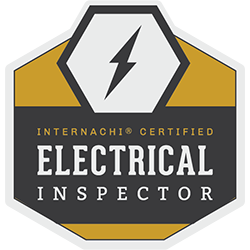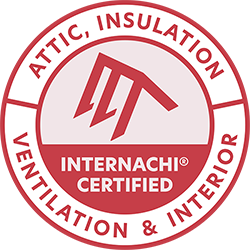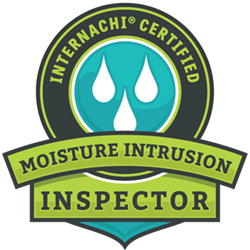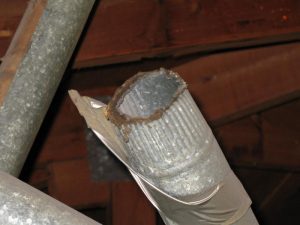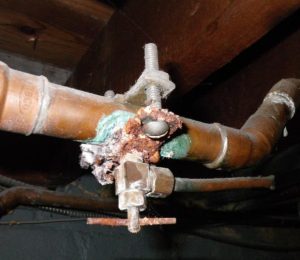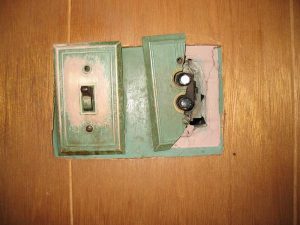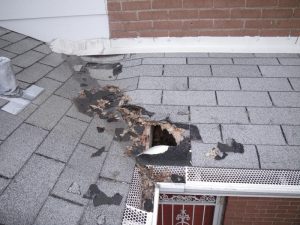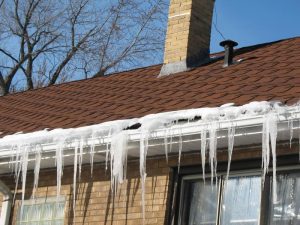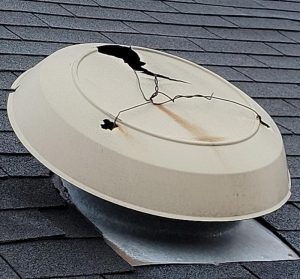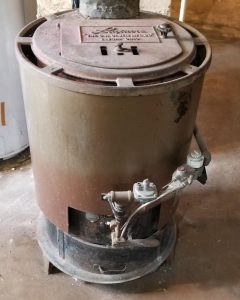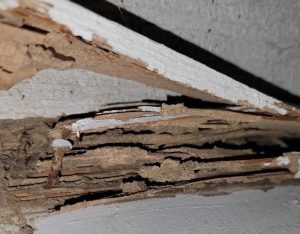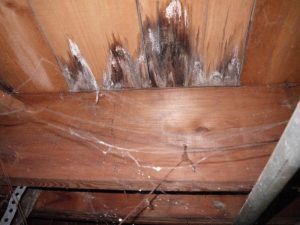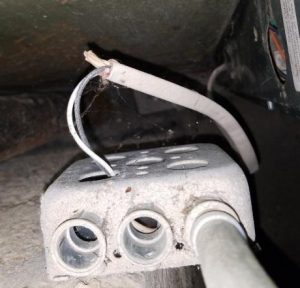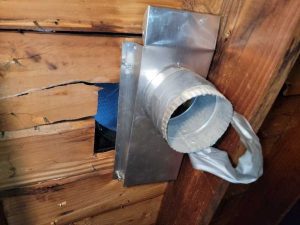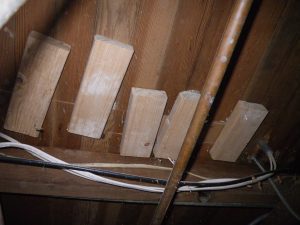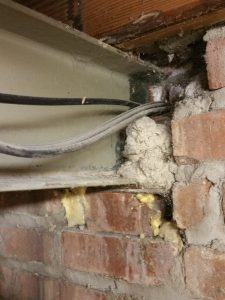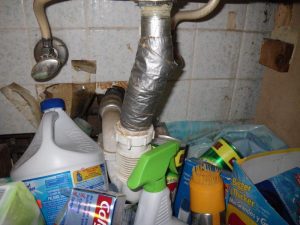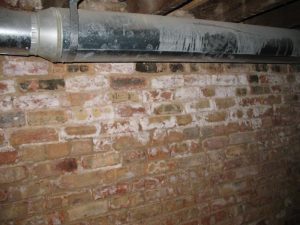Putting things off until later?; well everyone does it for a variety of reasons. I see many homes that were not well cared for and basically neglected for some reason or other. Sure It seems everyone has to do a lot more to get ahead these days, so instead of taking care of that detail, that little project, or chore that’s been on your to do list, you try to put it off until you ‘HAVE TO’ do something about it. You have worked all day and want to rest – nothing bad has happened yet… to your knowledge.
That would be okay with most things, but from my experience as a home inspector, it should not apply to home maintenance. When you own a home or anything of value, it needs to be taken care of, ESPECIALLY if it is older- Sadly – it seems out culture has made most things disposable, like kitchen appliances, Televisions, cell phones, computers, lap tops, etc. what do YOU do if one breaks – get it repaired? heck no -NOW you can get the latest one on the market!! 🙂
But homes were built to last – if they are cared for…and honestly, it just takes a little care now to prevent a big problem later. That is the point I want to drive in here.
MOST HOMES AROUND CHICAGO LAND ARE BUILT IN 1920s and 1930s…Now it’s easy to see the point of taking care of something that old – I think it is taken for granted with homes but if you think in terms of an automobile, you already understand that a poorly maintained car won’t be on the road too long – It’s the same for that house, but even more so! if you have an antique car, you make sure the oil lines and gas lines, and tires can handle day to day use- SAME THING GOES FOR A VINTAGE OR ANTIQUE HOME! (but that’s not to say that new homes don’t need maintenance too)
As much as you can say, ‘it’s been fine so far.” I know you are wise enough to know that almost everything in this world is slowly deteriorating. It just takes a little effort and monitoring, and you can care for a house that protects you and your family.
1) PROTECT THE OUTER SHELL OF YOUR HOME SO IT CAN PROTECT YOU.
Do not let moisture enter your home where it shouldn’t. The ROOF, EXTERIOR WALLS, GUTTERS AND DOWNSPOUTS, GRADING etc., should all be in good condition and able to be functioning as intended. Look for openings, gaps, weaknesses, wear, damage, and even any signs of moisture, even if you don’t know where its coming from – someone can help.
(water is the most overlooked, innocent thing, but it will cause grievous issues. think wood rot, mold, deteriorating brick and stone, cracks expanding from freeze thaw cycle, rusting metal window lintels the list goes on and on)
2) GET PROFESSIONAL REGULAR MAINTENANCE FOR YOUR HEATING / COOLING SYSTEMS
There are some things you can do under the advice of a pro, or on your own – like keeping the equipment clean and checking for appliance recalls (CALL ME TO SCHEDULE A”RECALL CHEK” SERVICE). Nothing will ruin your day faster than your furnace going caput in the middle of subzero temps. Don’t wait for that to happen because there will be typically an additional emergency fee added to the price.
3) LEARN EVERYTHING YOU CAN ABOUT YOUR HOME AND ITS SYSTEMS – ESPECIALLY HOW TO CARE FOR IT.
This is where you can greatly benefit from a home inspector doing a maintenance type of inspection and giving you a heads up/ honey do list of things to take care of or keep an eye on.
Today it might just be your gutters are full of leaves – but tomorrow it may get so clogged by winter you have an ice dam forming and water is running into your walls.
It might be a furnace filter that has not been changed each month- but has choked the system out so bad, it dies on you prematurely.
You kind of remember that sump pump worked that one time, but you didn’t know that at some point it died. You only find out after a huge rainstorm and discover a basement full of water – how much would that cost you?
In this economy, we need to prevent surprise costs from draining our savings – how do you do that? From being proactive and taking care of that little maintenance task, or repair or call to a pro, do it now before it costs you more than you have saved.
If you ever have a concern or a question, call a pro, like me and we can help – BUT don’t be afraid to learn on your own how to take care of your home.
 Courtesy of InterNACHI
Courtesy of InterNACHI





